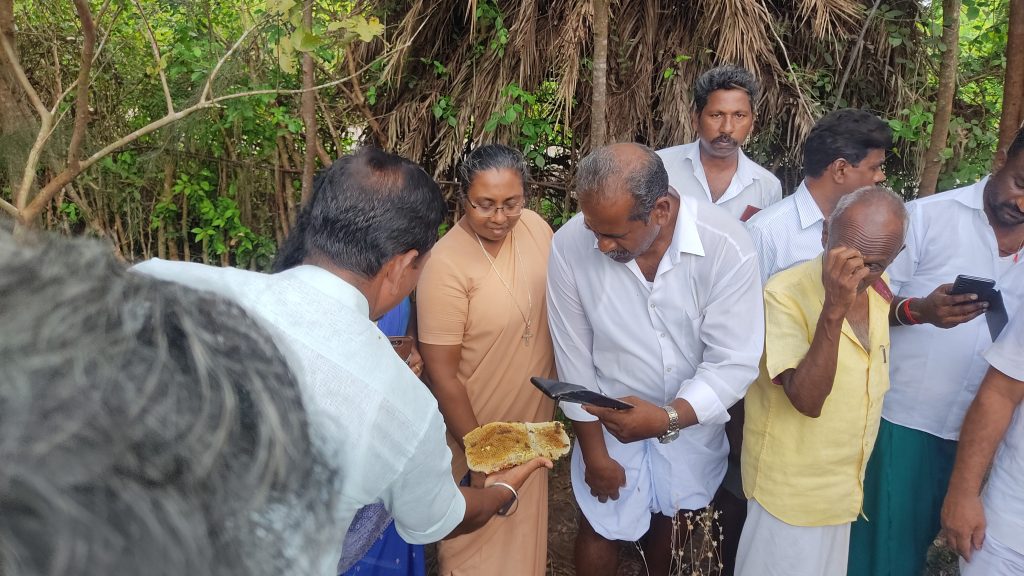Integral ecology, a key concept within Pope Francis’ encyclical Laudato Si’, pushes against the conventional boundaries of environmental discourse.
“Chapter Four: Integral Ecology” of Laudato Si’ unfolds as the encyclical’s core response to the links between social and environmental issues. In the words of Pope Francis, “Nature cannot be regarded as something separate from ourselves or as a mere setting in which we live” (LS 139). As a result, integral ecology recognizes that our interactions with the environment are woven into the fabric of economic, political, social, cultural, and ethical dimensions.
Observational methods of studying ecosystems are well-known in science, but integral ecology takes this body of knowledge a step further by adding ethical and spiritual aspects. It explores the complex connections between people and nature, considering culture, family, community, virtue, faith, and a strong appreciation for the common good.
Integral Ecology in Action
This goes beyond a theoretical stance. Action goes hand-in-hand with prayer, and the Laudato Si’ Action Platform invites a lived practice of integral ecology. This allows participants, from families to dioceses, to make integral ecology approachable and realistic on a smaller scale.

Sr. Arokia Mary Selvi meditates on the interconnectedness of biodiversity and human existence with farmers in Cuddalore, India.
Take for example, Sr. Arokia Mary Selvi in Cuddalore, India. She meditated on the connectedness of biodiversity and humanity with platform participant ASSIST, the Social Development Office of the Salesian Sisters of Trichy, during a beekeeping training workshop.
Sr. Arokia Mary reflected on “the presence of bees in their farms to assist in the pollination of coconuts, banana plantation, paddy fields and vegetable gardens and fruit groves.” She affirms, “now honey bees are loved, nurtured and taken care of as their brother, friend and co-worker in food production.”
This instance of engaging the complexity of our created world is one example of a global commitment to the principles of integral ecology.
A Step at a Time
As we embrace this holistic approach, we all contribute to a future where the well-being of both the environment and humanity are prioritized:
- If you are unsure of where to begin, we understand and invite you to take a first step. Enroll in the Laudato Si’ Action Platform to learn suggested actions and build a plan.
- If you’ve already enrolled yet need to continue the journey, log into the platform and upload a plan based on suggested actions for you and your community.
- Finally, if you’re in the middle of your journey, take the time to reflect and celebrate your recent steps toward integral ecology.